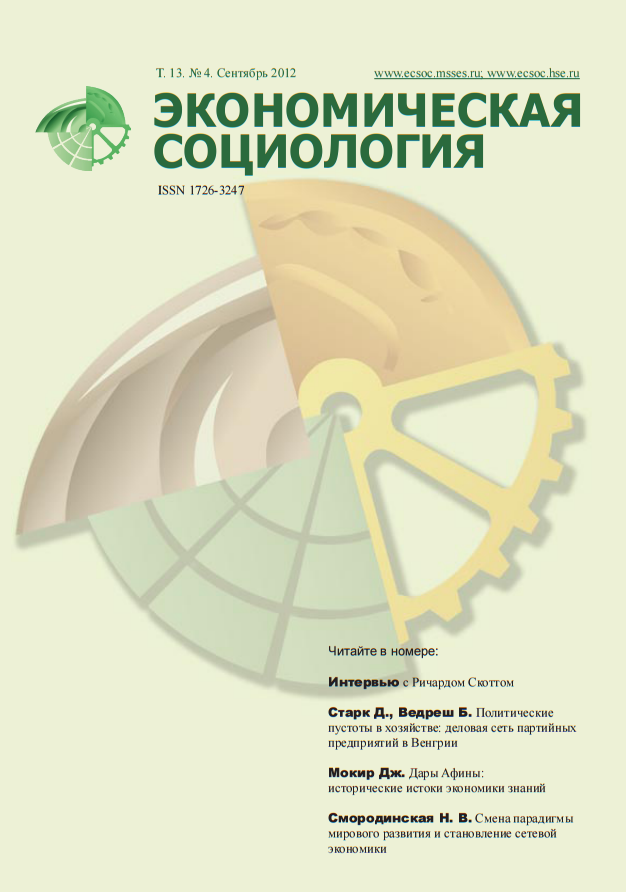Ambivalent Consumer Attitudes toward Counterfeits
Keywords:
counterfeits, ambivalent consumer attitudes, determinants of consumer attitudes, determinants of counterfiet purchasing, branded goods, trademarks
Abstract
The paper is devoted to Russian consumers’ ambivalent attitudes toward counterfeits. Despite the common rhetoric of struggle with counterfeits, trademark owners and consumers often behave in a contradictory way with regard to fakes. The paper is aimed at revealing major predictors of ambivalent consumer attitudes toward counterfeits. The survey covers more than 2000 respondents. The sample represents the gender, age, and regional affiliation of people consuming alcohol beverages (18–65 years) in the Russian Federation. According to the research findings, the declared attitudes often contradict the real behavior patterns in two ways: 1) neutral and positive attitudes are accompanied by the absence of the experience in buying counterfeits, and 2) negative attitudes are accompanied by the experience in buying counterfeits. The first type of ambivalent consumer attitudes can be explained by demographic characteristics (gender, age, income) and can be interpreted as consumers’ deliberate rejection of purchases of counterfeits. The second type can be explained not only by income and education but also by category of goods and structure of consumer motivation.
Published
2012-11-10
How to Cite
ХрамоваЕ. Ф. (2012). Ambivalent Consumer Attitudes toward Counterfeits. Journal of Economic Sociology, 13(4), 116-154. https://doi.org/10.17323/1726-3247-2012-4-116-154
Section
Debut Studies













